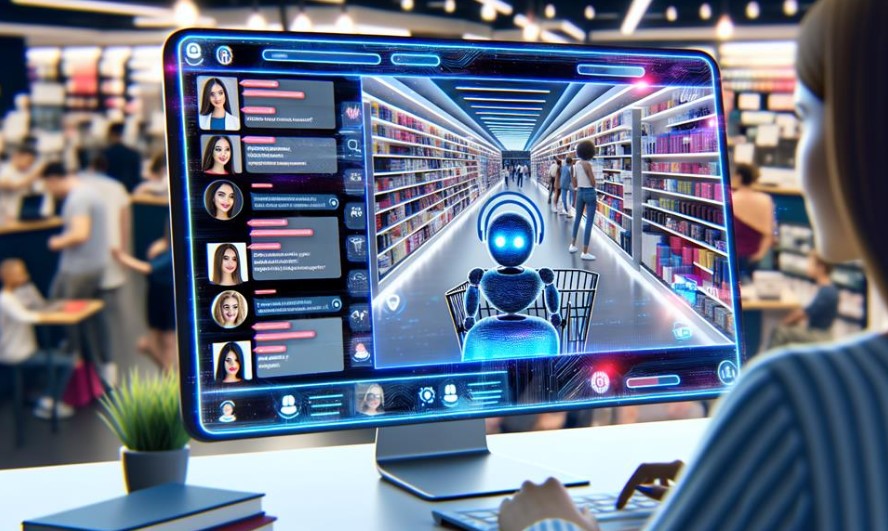Imagine a world where you never have to wait on hold to speak with a customer service representative, where your online shopping experience is tailored to your preferences, and where healthcare professionals are available 24/7 to answer your medical questions. This is the world that AI chatbots are starting to create.
With their ability to understand and respond to human language, chatbots are revolutionizing industries across the board. But what is the true impact of these intelligent virtual assistants? How are they reshaping customer service, e-commerce, and even healthcare?
In this discussion, we will explore the untethered potential of chatbots and uncover the ways in which they are changing the way we interact with technology and the world around us.
The Evolution of Chatbots
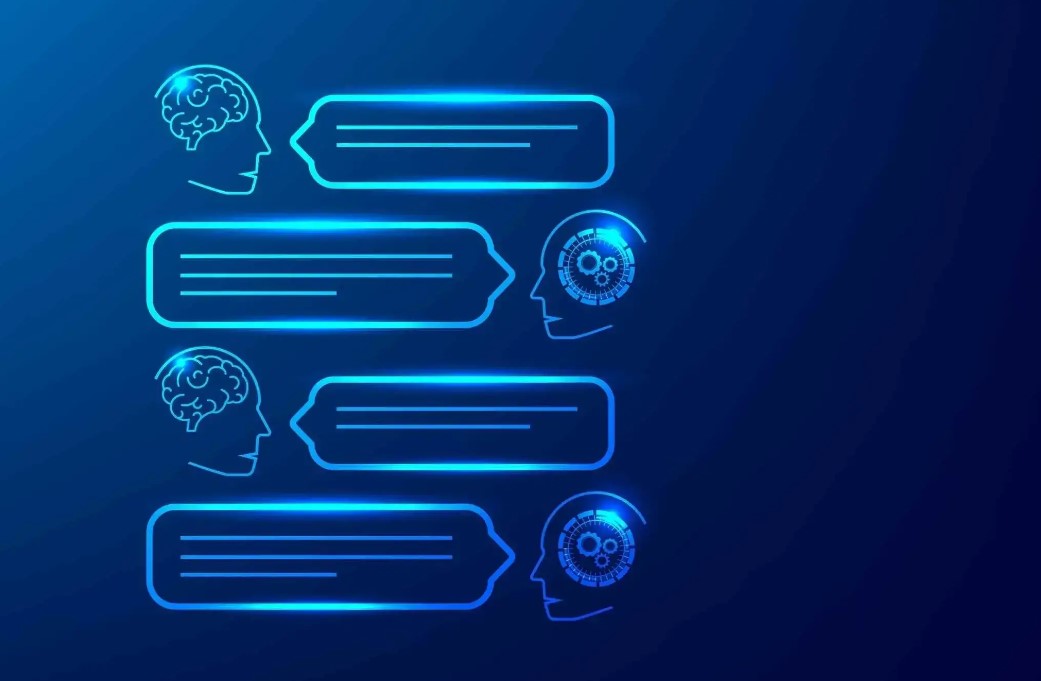
Chatbots have undergone a significant evolution, transforming from basic rule-based systems to sophisticated AI-powered conversational agents. This evolution has brought about a multitude of benefits and applications across various industries.
In the financial services sector, chatbots play a crucial role in enhancing customer experience and streamlining processes. With their ability to understand natural language and provide personalized assistance, AI chatbot can handle customer inquiries, provide account information, and even facilitate financial transactions. This not only improves efficiency but also reduces operational costs for financial institutions.
In the education sector, chatbots have also emerged as valuable tools. They can assist students in accessing information, answering questions, and even providing personalized learning experiences. Chatbots can offer guidance on course selection, provide study materials, and even act as virtual tutors.
This application of chatbots not only enhances the learning experience but also allows for greater accessibility, especially for students who may not have access to traditional educational resources.
Chatbots in Customer Service
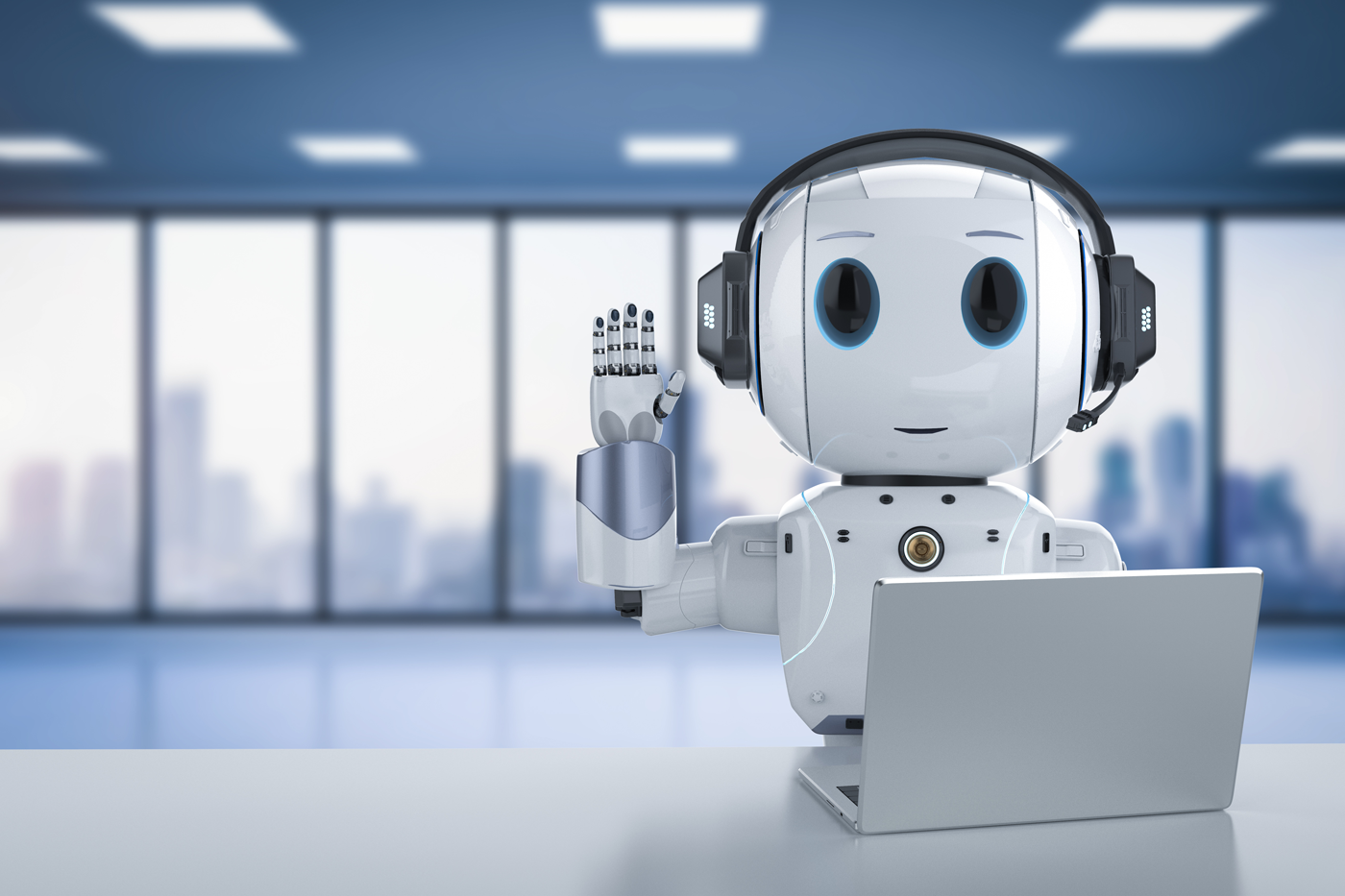
The implementation of AI-powered chatbots has revolutionized customer service by providing efficient and personalized assistance to users. Chatbots in customer service have greatly improved efficiency by automating repetitive tasks and handling a large volume of customer inquiries simultaneously. They can quickly analyze and understand customer queries, providing instant responses and resolutions. This reduces wait times and eliminates the need for customers to navigate complex phone menus or search through lengthy knowledge bases.
Furthermore, chatbots enhance the customer experience by offering personalized interactions. Through natural language processing and machine learning algorithms, chatbots can understand and respond to customer inquiries in a conversational manner. They can remember past interactions, preferences, and purchase history, allowing for a more tailored and seamless experience. Chatbots can also provide proactive assistance by suggesting relevant products or services based on customer preferences and behavior.
In addition, chatbots can be available 24/7, providing round-the-clock support to customers. This ensures that customers receive prompt assistance at any time, improving overall satisfaction. Moreover, chatbots can handle multiple inquiries simultaneously, reducing customer wait times and frustration.
In the realm of e-commerce, AI-powered chatbots have revolutionized the way businesses interact with customers, providing seamless and personalized assistance throughout the entire purchasing journey. Personalization in e-commerce has become a critical factor in increasing customer engagement, and chatbots play a significant role in delivering this personalized experience.
Chatbots analyze customer data, such as purchase history and browsing behavior, to understand individual preferences and tailor recommendations accordingly. By leveraging machine learning algorithms, chatbots can offer product suggestions, promotions, and discounts that align with the customer’s interests and buying patterns. This level of personalization creates a more engaging and immersive shopping experience, leading to increased customer satisfaction and loyalty.
Moreover, chatbots are available 24/7, providing real-time assistance to customers at every stage of their buying process. Whether it’s answering product inquiries, helping with order tracking, or resolving customer issues, chatbots streamline the customer journey, eliminating the need for human intervention and reducing response times. This instant availability and responsiveness contribute to improved customer engagement and overall satisfaction.
Additionally, chatbots can integrate with e-commerce platforms, allowing customers to make purchases directly within the chat interface. By facilitating seamless transactions, chatbots remove friction from the buying process and enhance customer convenience, leading to higher conversion rates and increased sales.
Chatbots in Healthcare

AI-powered chatbots are transforming the healthcare industry by providing efficient and personalized assistance to patients and healthcare professionals alike. These chatbots have the potential to greatly enhance patient engagement and improve medical diagnosis.
In terms of patient engagement, chatbots can play a crucial role in keeping patients informed and engaged in their healthcare journey. They can provide timely reminders for medication, appointments, and follow-up care, ensuring that patients stay on track with their treatment plans. Chatbots can also offer personalized health tips and recommendations based on an individual’s specific health conditions and needs. By offering 24/7 support, chatbots can address patients’ concerns and provide immediate assistance, ultimately leading to better patient satisfaction and adherence to treatment plans.
Furthermore, chatbots can assist healthcare professionals in the medical diagnosis process. By gathering relevant patient information through conversational interfaces, chatbots can help identify potential symptoms, risk factors, and underlying conditions. They can provide preliminary assessments and recommendations, enabling healthcare professionals to make more informed decisions and prioritize patients accordingly.
Additionally, chatbots can assist in triaging patients, directing them to appropriate resources, and reducing unnecessary visits to healthcare facilities.
The Future of Chatbots
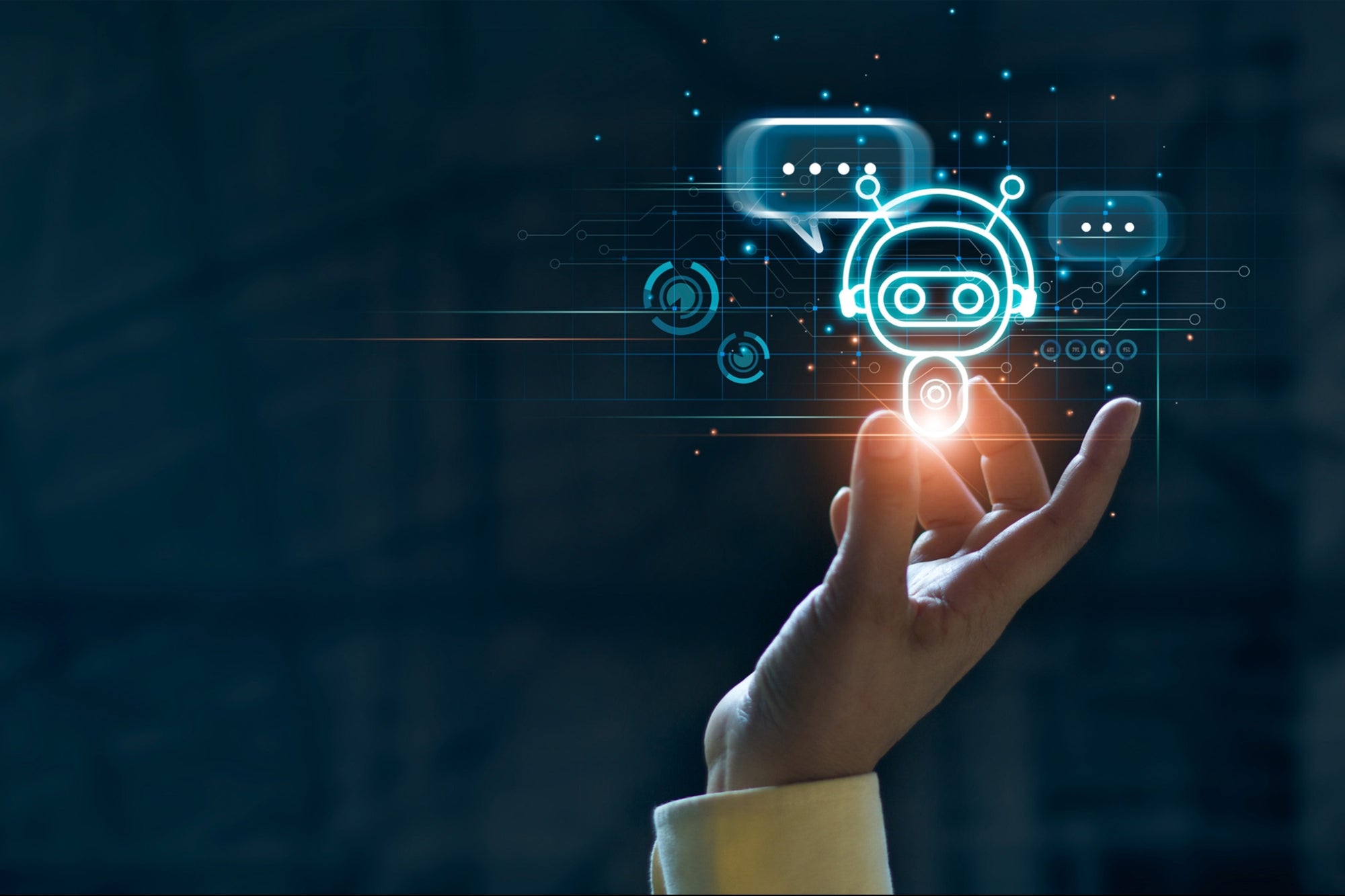
Chatbots are poised to revolutionize various industries with their advanced capabilities and potential for seamless integration into everyday tasks. As we look towards the future of chatbots, it’s important to consider the ethical implications and their potential impact on education.
Ethical implications arise when chatbots handle sensitive information or make decisions that affect individuals. For example, in the healthcare industry, chatbots have the potential to access and analyze personal medical data. This raises concerns about data privacy and security. Striking a balance between convenience and ethical considerations will be crucial in the development of chatbot technology.
In education, chatbots have the potential to enhance learning experiences. They can provide personalized tutoring, answer questions, and offer guidance to students. However, it’s important to ensure that chatbots don’t replace human interaction entirely. The role of teachers and mentors can’t be underestimated, as they provide emotional support and guidance that chatbots may not be able to replicate.
Furthermore, chatbots in education must be carefully designed to avoid biases and promote inclusivity. The algorithms that power chatbots should be constantly monitored to ensure they don’t perpetuate discriminatory practices or reinforce stereotypes.
As the future unfolds, it’s crucial to navigate the ethical implications and leverage the potential of chatbots in education to provide personalized and inclusive learning experiences.
Frequently Asked Questions
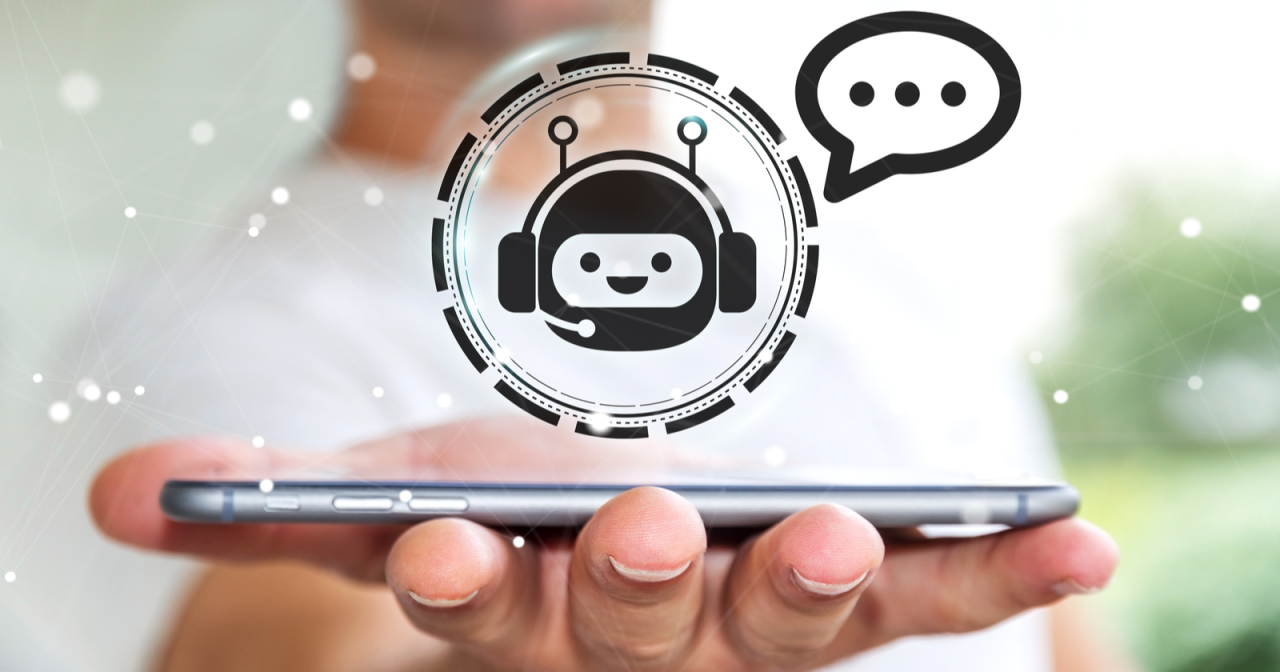
What Are the Common Challenges Faced by Businesses When Implementing Chatbots?
Implementing chatbots can be challenging for businesses. Like navigating a complex maze, you must ensure smooth data integration and optimize user experience. These two key factors can make or break your chatbot implementation.
Can Chatbots Be Used for Lead Generation in Sales and Marketing?
Yes, chatbots can be used for lead generation in sales and marketing. They enable customer engagement by providing personalized interactions and assist in conversion optimization by guiding prospects through the sales funnel.
How Do Chatbots Handle Multilingual Conversations?
Chatbots handle multilingual conversations by utilizing multilingual translation techniques and language understanding and processing capabilities. They can accurately interpret and respond to messages in different languages, enabling effective communication across language barriers.
Are Chatbots Capable of Understanding and Responding to Complex Queries?
Chatbots are capable of understanding and responding to complex queries due to natural language processing advancements and the role of machine learning. They can comprehend and analyze user input, enabling accurate and relevant responses.
What Privacy and Security Measures Are in Place to Protect User Data When Interacting With Chatbots?
When you engage with chatbots, your personal information is safeguarded by robust privacy and security measures. These include data encryption and obtaining your explicit consent to ensure the protection of your data.
